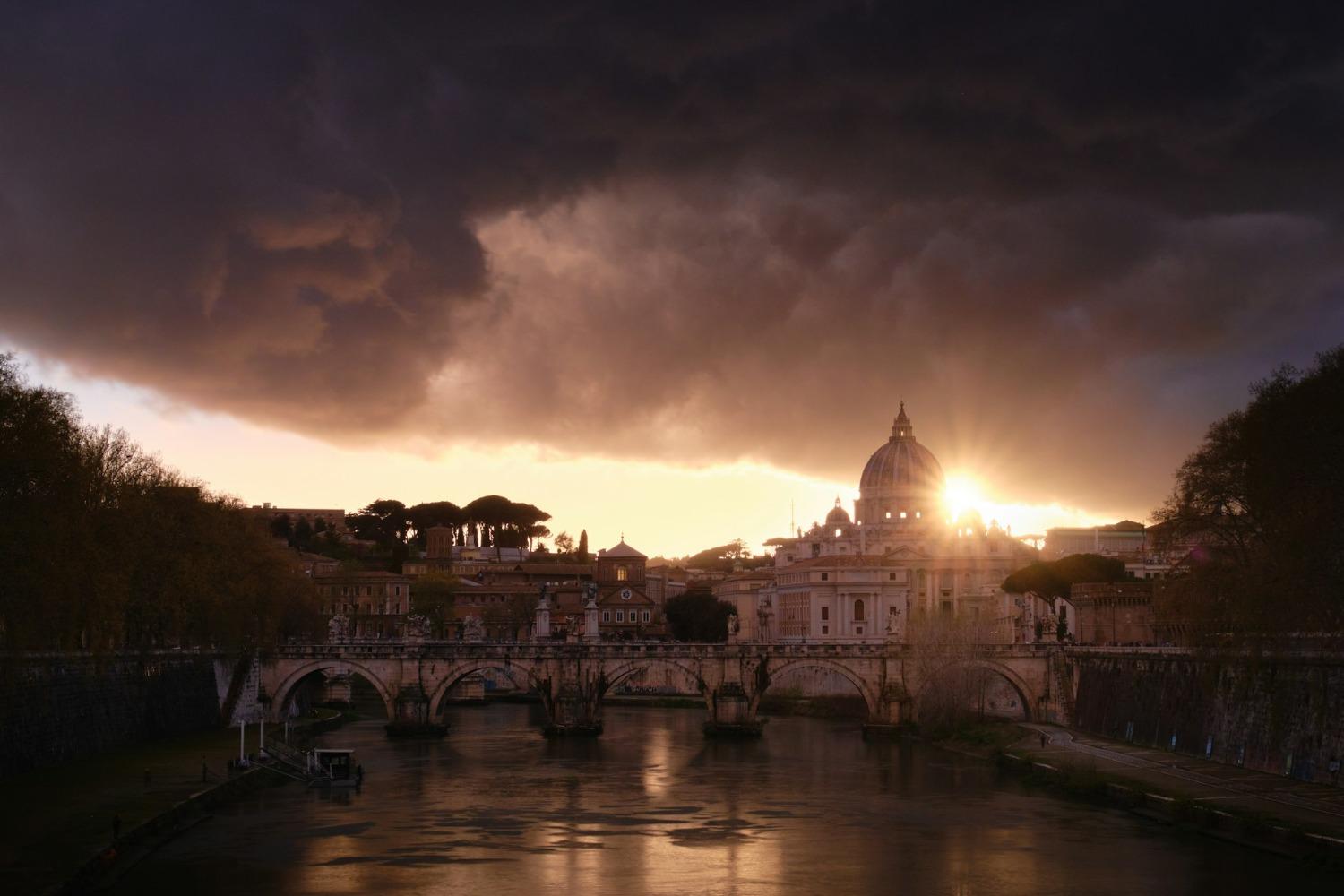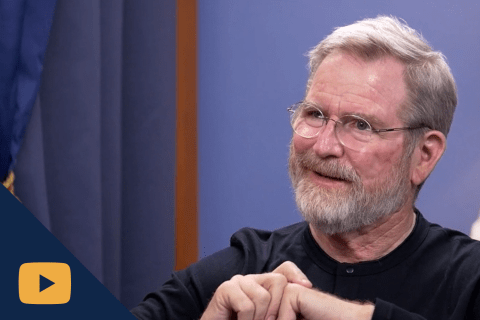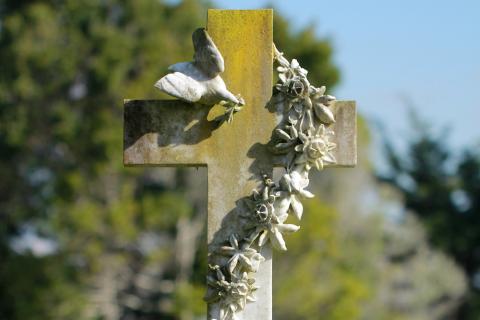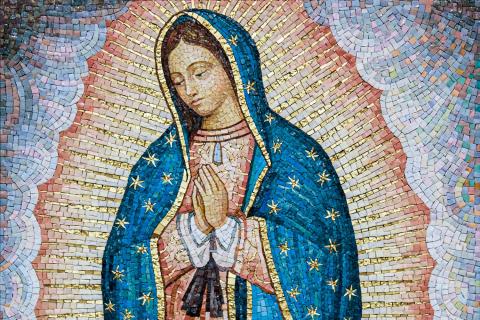
Since the election of His Holiness Pope Leo XIV on May 8th, Catholics are pondering the significance of this transition. The process of mourning Pope Francis continues in the hearts of believers around the world. At the same time, having the first American pope is a surprising new reality, often thought to be impossible given the geopolitical power that the United States has wielded throughout the past century. Yet as we become acclimated to seeing a native son of Chicago wear the papal vestments and lead the Church, questions are lingering about the meaning of this conclave and what the entire process means in light of the providence of God.
During the past few weeks, many cardinals have noted in interviews that a papal conclave is not a political caucus. The electors are not making secret deals with each other in order to score more votes for favored candidates, nor is the atmosphere a chaotic scramble for power. Instead, there is a liturgical sensibility in which cardinals spend time with each other in fraternity and prayer, wanting the Holy Spirit to guide them in discerning who is being called to lead them at this time.
Vast amounts of gifts, talents, and pastoral experience exist among the cardinals, and their committed service to the Church implies that many of them could be capable of being the next pontiff. Thus one can ponder several questions about the process, such as: What does it mean to have this particular man elected? Is the election process designed to give us the greatest “human talent”? Is the process designed to weed out “extreme” candidates? Are factions among voting blocs of cardinals forced to settle in the middle for “compromise” candidates? Or is there a mysterious wisdom in the entire process in which the repeated casting of ballots in a prayerful atmosphere allows for the emergence of the right candidate at the right time?
The cardinals who participated in the conclave are sworn to secrecy as to how the voting unfolded. Yet from the initial comments made to the media, it appears that many of them were surprised by how quickly a consensus was formed, particularly given their lack of familiarity prior to the election. With this, they indicate that the Holy Spirit led them to consider the demeanor, talents, and experience of Cardinal Prevost in a way that quickly coalesced into firm support.
With the election of Cardinal Prevost and his acceptance of the high office, Catholics rejoice that we have a shepherd to serve as the Vicar of Christ. Furthermore, his selection of the regnal name “Leo” provides believers with a sense of stability and appreciation for our tradition, as the pope aligns himself with previous shepherds of the same name, wanting to lead with a similar strength and generosity of spirit.
Though journalists will continue to speculate about which other cardinals were contenders in the election process, the result is to be received as a gift from the Lord. Believers are called to trust in the wisdom of the conclave system that has served the Church well for centuries. For in this process, the cardinals are allowed to assemble in a peaceful atmosphere without the threat of coercion, and discern who among them can lead, unite, and strengthen the brethren as a successor of St. Peter. The process is not a talent show, nor a popularity contest. It is an act of trusting discernment, which when entered into with humility, allows for minds and hearts to be moved by new considerations to build toward a common consensus. With this, we offer prayers of gratitude to God for the ways in which the Church continues to sustain herself with new leadership, and for the gift of our new Holy Father as we pledge our obedience as faithful members of his flock.


